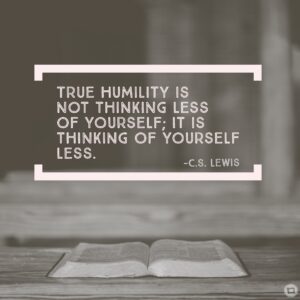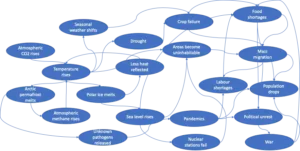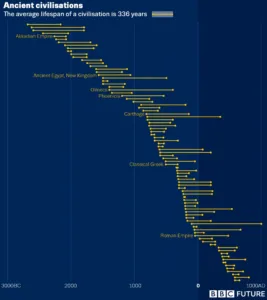
Think: In planning circles, a “wicked problem” is defined as a problem that is difficult or impossible to solve because of incomplete, contradictory, and changing  requirements which are often difficult to recognize. Our rapidly changing climate is a wicked problem. The visual to the right is only a partial picture of its complexity. This complexity does not, however, give us permission not to address the issue. It merely suggests we must approach the problem with great humility. To this end, I found this article, Embracing Wicked Problems, helpful. Three insights I took away from the article include: First, seek to do no harm. Secondly, do not think that the scenarios you can think think of are the only ones that can happen; and, third, questions are a helpful method of steering a problem in a new direction. For example, regarding climate change, many people ask the following question: “How can we keep meeting our energy needs with fossil fuels?” A better question might be: “Do we really need so much energy?”
requirements which are often difficult to recognize. Our rapidly changing climate is a wicked problem. The visual to the right is only a partial picture of its complexity. This complexity does not, however, give us permission not to address the issue. It merely suggests we must approach the problem with great humility. To this end, I found this article, Embracing Wicked Problems, helpful. Three insights I took away from the article include: First, seek to do no harm. Secondly, do not think that the scenarios you can think think of are the only ones that can happen; and, third, questions are a helpful method of steering a problem in a new direction. For example, regarding climate change, many people ask the following question: “How can we keep meeting our energy needs with fossil fuels?” A better question might be: “Do we really need so much energy?”
Think Imaginatively: America is a car-dominated country. As new technologies such as self-driving cars become more mainstream, it not only means that fewer people may own cars, but it could also change in how our cities look. This article in The Economist on “Walkable Cities” may shed some light on the physical structure of the future of cities.
Think Different: About 98 percent of single-use plastic products are made from fossil fuel feedstock. To combat plastic use in packaging companies are coming up with innovative packaging solutions. Coca-Cola and PepsiCo, for example, are working to develop paper bottles. Others are working on plastic-free paper-based packaging.
Think Spiritually: As many of you know, I am of the opinion that our future will be shaped more by spirituality than by material matters. I remain optimistic in our ability to positively change the future in large part because of the quiet actions of individuals who have chosen to act on behalf of spiritual truth. One such person was Dorothy Stang, a Catholic nun who died helping peasant farmers in Brazil while also working to protect the Amazon Rainforest for future generations. I wrote this article, A Martyr for Our Times, earlier this week in memory of the 20th anniversary of her assassination.
Think the Unthinkable: Winston Churchill once said, “The farther backward you can, the farther forward you can see.” Please keep his quote in mind when viewing the visual below. The average age of a historical civilization is 336 years. The Great American Experiment in democracy is only 248 years old. Do not for a moment lull yourself into believing–or thinking–that the civilization of today will be the civilization of tomorrow.

Afterthought: “The greatest need of our time is to clean out the enormous mass of mental and emotional rubbish that clutters our minds.” Thomas Merton
